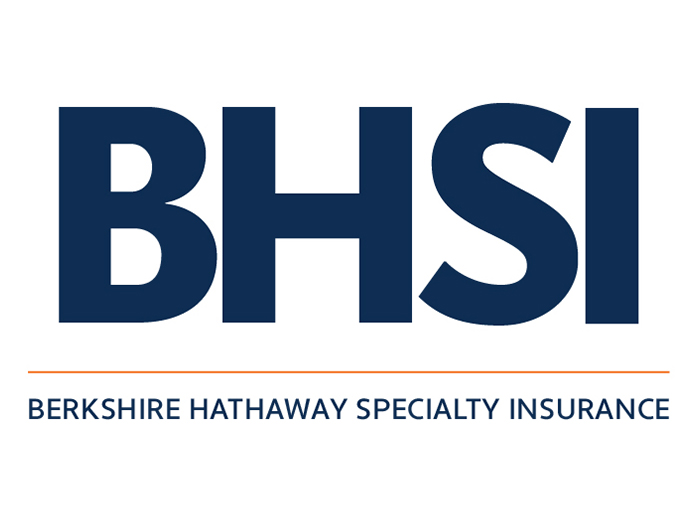Risk Insider: Terri Rhodes
Preparing for the Workplace of the Future
Competitive pressures are more intense than ever. Foreign firms, e-commerce, and non-market forces, including laws and regulations, make containing costs and raising productivity an important and challenging goal for every organization and the staff they employ.
Employees are often impacted by the same forces exerting pressure on employers. Today, employees are tasked with continual learning to keep up with shifting regulations and trends. Policymakers, business leaders, and academic institutions increasingly recognize this and are adding new ways for employees to learn the skills that add value.
In the manufacturing sector, this often means apprenticeship programs. In the service sector, it means professional designations, increasingly obtained through online learning.
Over the past twenty-five years, integrated absence management (IAM) has become a recognized profession. The increase in FMLA and ADA absences has put disability and leave at the center of Human Resources’ concerns.
This, coupled with the proliferation of leave laws, has also put all forms of disability at the center of risk management’s concerns. A failure to comply with the Americans with Disabilities Act (ADA), the Family and Medical Leave Act (FMLA), and a growing number of state and local laws and regulations can result in significant financial and reputational costs.
These trends point to the need for additional skills. The new Certified Leave Management Specialist (CLMS) designation brings together training to address the rise in absence management programs and heightened compliance concerns.
The CLMS designation is obtained through completion of an online course, consisting of five interactive modules, and a final exam. Participants spend approximately 20 hours learning from real-life scenarios involving FMLA, ADA and other legal requirements. Downloadable toolkits, sample policies, up-to-date guidance, resources, and forms are also provided throughout the course.
A failure to comply with the Americans with Disabilities Act (ADA), the Family and Medical Leave Act (FMLA), and a growing number of state and local laws and regulations can result in significant financial and reputational costs.
CLMS designees will be equipped to more quickly manage compliant leave programs. In addition to learning specific leave-related information, they will gain the knowledge they need to effectively interact with other stakeholders, including legal, compliance, and risk management professionals. At the same time, they add real value to their employers and enhance their professional profile in a growing field.
Professionals who are continual learners that help reduce risk and costs and increase performance are the kind of employees every employer desires.
Employers and employees are not the only ones who receive benefits from continuous learning. Our entire society has an interest in well-managed leaves, compliance with the federal, state, and local laws, and developing the skills of employees who can add value.
The CLMS designation is an important way to make professional development pay off for a lifetime.










